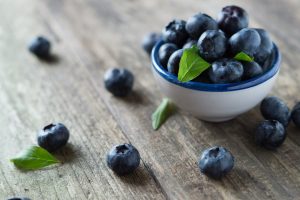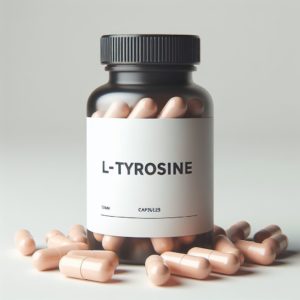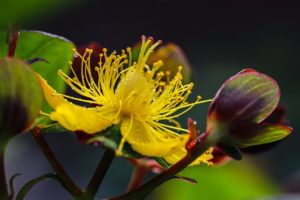Bacopa monnieri: An Herbal Medicine to Support Brain Health
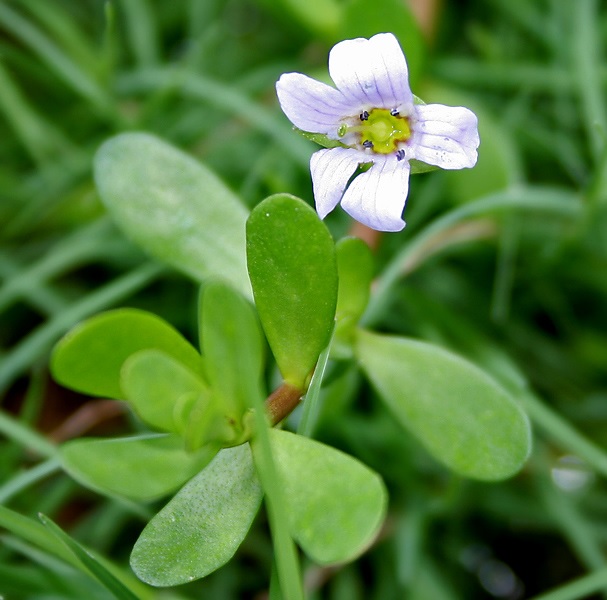
The herb Bacopa monnieri, often referred to as brahmi, is an ayurvedic herb with a long history of use for supporting the brain. While clinical trials of bacopa have only started to be explored fairly recently, the data available so far supports its traditional use. Studies suggest that the herb may have potential for supporting brain function and mental health.
Bacopa, Cognitive Function and Memory
One of the first studies on bacopa found that the herb improved memory retention in adults (Roodenrys 2002). While anxiety levels were also assessed, they were unchanged over the course of the three-month’s treatment. A separate trial on elderly subjects found improved word recall and improved attention and processing speed (assessed by the Stroop test). In the elderly subjects, mood and anxiety were also both improved with bacopa supplementation (Calabrese 2008).
A study out of Australia on older adults found similar results. In the study, three months of bacopa improved memory acquisition and retention for those taking bacopa (Morgan 2010).
Single dose studies have also found benefits on cognitive performance. In a test meant to measure a person’s ability to sustain mental activity, a lower dose of bacopa was able to improve performance on a mentally demanding series of tests (Downey 2013). Interestingly, the higher dose was ineffective. Another trial exploring single-dose effects found improved cognition during multitasking at both one and two hours after bacopa supplementation. Mood and cortisol levels were also improved (Benson 2014)
Bacopa and Depression
Anhedonia is the loss of pleasure in daily activities. People struggling with depression often have anhedonia as a symptom. A more recent study from 2020 provided bacopa or placebo along with an antidepressant medication to patients with treatment-resistant depression and anhedonia (Micheli 2020). Patients that received the combination fared better than those that received the medication and placebo. Depression scores decreased by 25% with bacopa, whereas depression scores increased slightly in patients on medication alone.
A study in patients with Parkinson’s disease, a movement disorder where individuals lose the ability to initiate muscle movements, found benefits as well (Santos 2023). In the study, patients given bacopa had improved emotional function and quality of life.
Attention-deficit/Hyperactivity Disorder (ADHD)
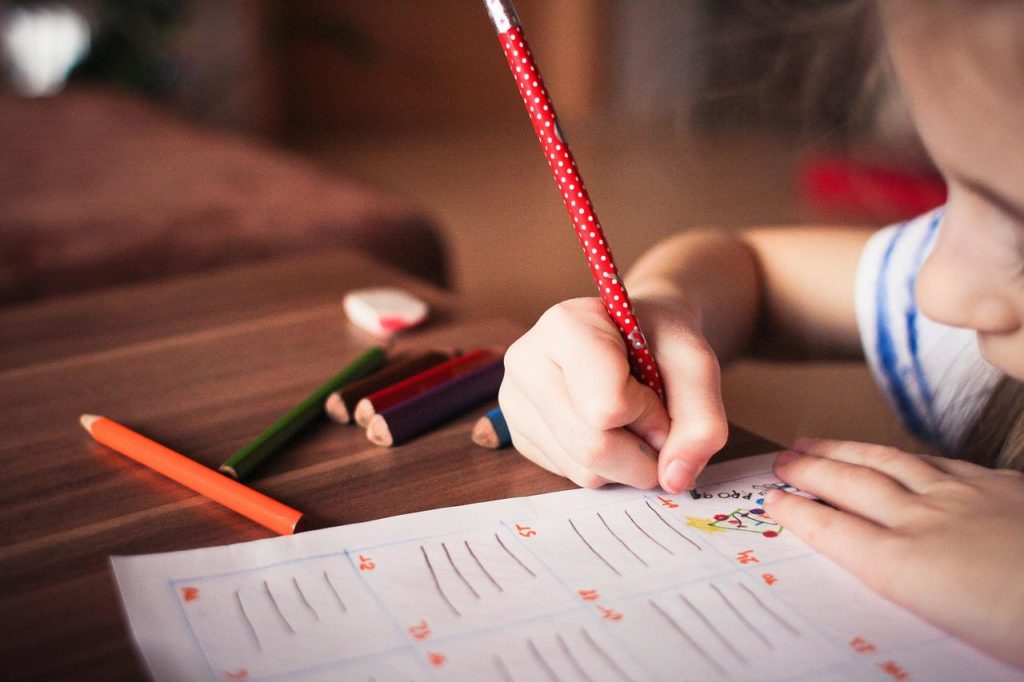
ADHD is a common condition that affects a large subset of children. Individuals with ADHD have trouble focusing and maintaining attention. While the evidence for bacopa is mixed, it still may hold some promise for helping children with ADHD. An initial six-month pilot study found that 93% of children had decreased restlessness, 89% had improved self control and 85% reduced attention problems among other benefits (Dave 2014). Overall, 74% of children had a reduction in symptoms up to 20% with almost a quarter of children improving between 21% and 50%.
A more recent study used a bacopa extract in children struggling with ADHD symptoms. While behavioral symptoms did not improve, the children taking bacopa had decreased error making with improved cognitive flexibility, executive function and sleep. Interpersonal problems were also reduced with bacopa (Kean 2022).
Conclusion
Overall, while the evidence is still early, it does suggest that bacopa may provide benefits for improving brain function. The herb also appears to be quite safe with minimal side effects (Fatima 2022). With additional research, we can hopefully better understand how to use bacopa as a support for supporting mental health in a number of different conditions and disease states.

